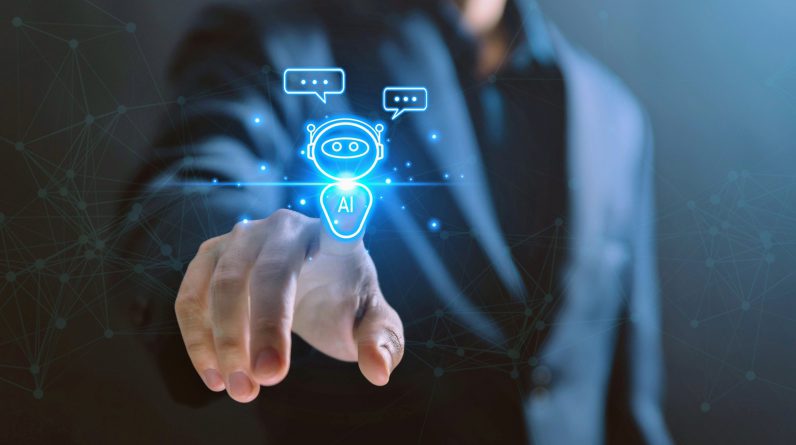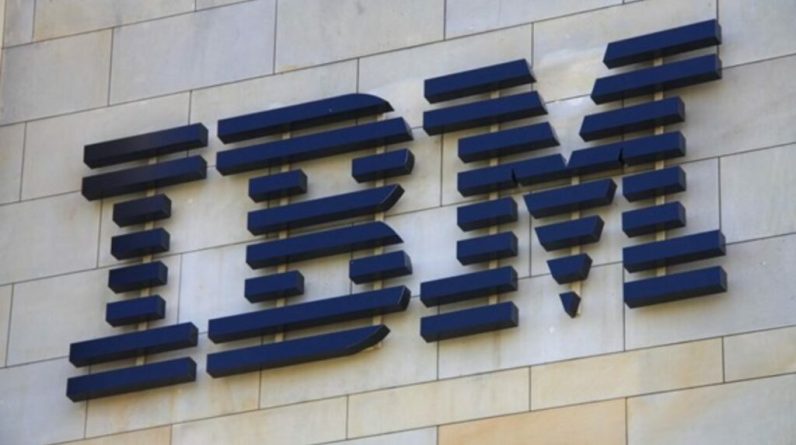
Artificial intelligence (AI) has gradually embedded itself in daily life, often without fanfare. Yet behind everyday conveniences like automated customer service chats and photo-sorting apps, AI’s capacity for complex tasks has grown at a faster pace than many anticipated.
Some professionals are embracing it as a tool for more efficient work. Others worry about job security. As these technologies march forward, debates swirl around how they might redefine our jobs and even the global economy.
How AI sneaks into everyday tasks
In some US cities, police officers can now generate preliminary “incident reports” by uploading body-camera data, pressing a few buttons, and letting AI produce a first draft. This saves them from spending nearly 40 percent of their time on paperwork, freeing them to focus on other duties.
Mental health professionals in New York have begun using AI tools to track clients’ word choices across sessions. One psychiatrist calls these analytics a “game changer” in how effectively patients can be diagnosed and treated.
Massage therapists in unexpected places are even co-authoring memoirs with AI assistance, blending personal experiences with well-organized drafts that often rival high-level literary pitches.
AI-driven changes in global markets
Europe and other regions have seen technology developments of their own. Yet many analysts say the United States continues to push ahead in AI adoption, which is reminiscent of late 20th-century leaps that boosted American stock markets and widened the gap with international counterparts.
Investors in US-based AI ventures often note that returns can outstrip those of their European peers. This eagerness has led to remarkable share price increases for some AI-oriented companies, including one whose stock rose 730 percent in just five years.
Nobel laureate Daron Acemoglu from MIT has studied technological transformation for decades, especially how it influences employment.
Acemoglu has warned that short- to midterm gains from AI have a strong chance of being unevenly shared, potentially benefiting capital more than labor. Without sound policies, this can heighten fears about stagnating wages and possible layoffs.
A reminder from past economic cycles
Economists often argue that disruption opens doors for new positions. History shows that after each wave of automation, different types of jobs emerge.
Yet change can still sting in the short run. The “jobless recovery” that followed the 1990-1991 recession saw unemployment numbers remain stubbornly high, even though output and corporate margins bounced back.
That pattern reminds us that entire categories of workers can be sidelined while a few companies thrive.
Workers in fields that are believed to be AI-proof, like middle management or programming, are increasingly facing redundancy notices. Meanwhile, those in personal service occupations feel a bit safer now, though no role is truly off-limits.
Worries run high when headlines suggest that AI could disrupt 85 percent of the labor market, significantly transforming the majority of jobs in some way.
The rise of political movements tied to economic dissatisfaction – seen in events like the election of Donald Trump and various waves of European populism – shows how rapidly job concerns can ripple through communities.
Looking beyond the worries
A 2024 study found that AI positively influences employment structure from an industrial perspective. Some researchers see these technologies as a tool to streamline tedious duties and enable humans to focus on tasks that demand creativity or emotional intelligence.
One analysis, published in 2025, identifies a complementary effect of AI on certain job roles, indicating that AI might enhance rather than replace human work. These studies point to a possibility that more widespread AI use could coexist with a healthy labor market.
Unequal distribution of AI-driven gains
Technology’s benefits often vary based on education, training, and geographical factors. A software developer in California who embraces AI could earn more by becoming a specialist in advanced coding systems.
A similar developer in a region with fewer opportunities or retraining programs might find themselves cut off from growth sectors. That mismatch fuels broad concerns about inequality.
Such gaps lead to political shifts, especially when entire communities share the feeling that their jobs have disappeared while the broader economy looks strong on paper.
Economic anxiety runs deep
Jim Clark, who founded a New York-based institute focused on future employment and income, has suggested that rising anxiety about job security can alter how people vote and how families plan for the future.
Even if new roles do appear, large numbers of workers might be caught off guard, especially if they are not equipped with updated skills.
Multiple research groups have warned that anxiety about AI can trigger reactions similar to those observed in earlier periods of rapid mechanical automation.
AI and the jobs ahead
No one can say exactly how or when AI will change the majority of jobs, but many employees already sense shifts. The worry among governments is that while companies profit, there may be insufficient funding for retraining or social safety nets.
Efforts to expand tech education and promote agile labor policies take time to bear fruit. As technology redefines the workplace, a forward-thinking approach to compensation, new skill sets, and regulatory oversight might minimize the disruption.
The study is published in Heliyon.
—–
Like what you read? Subscribe to our newsletter for engaging articles, exclusive content, and the latest updates.
Check us out on EarthSnap, a free app brought to you by Eric Ralls and Earth.com.
—–






